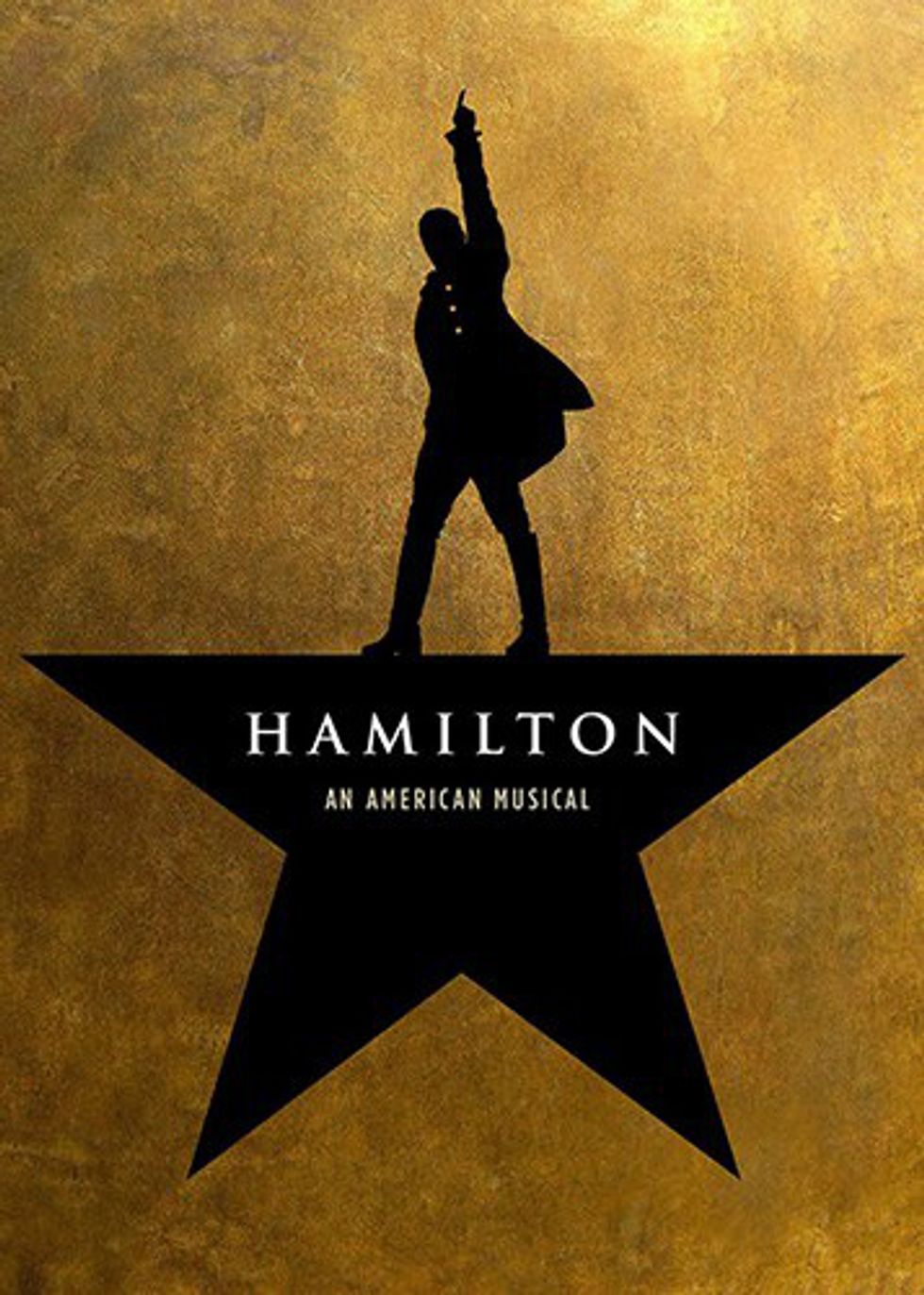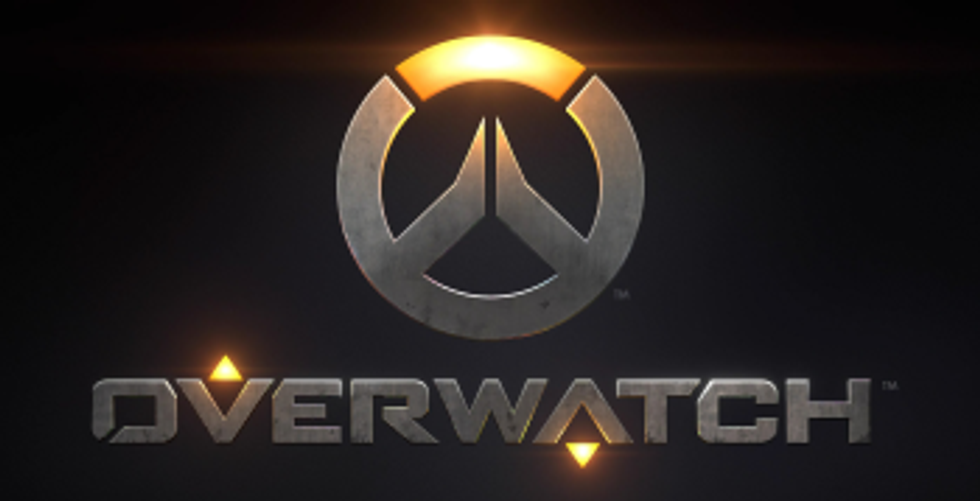Social media is a funny thing, especially in how it relates to pop culture. Nevertheless, human nature is still predictable in that people seek out entertainment that reflects the world around them. Star Wars achieved its initial success by, among other things, striking a nerve in the remnants of the old hippie movement that saw the government in general and the military-industrial complex in particular as... imperialistic. Gone with the Wind drew in its initial audience, who lived in a time where the Depression was still strong and World War II would soon commence, by presenting a tale of a seemingly idyllic world that was utterly destroyed for good. And even before that, Charles Dickens' legendary opening passage in A Tale of Two Cities dropped its message of the different perspectives on revolution on a post-1848 Europe with the subtlety of a brick to the face.
Is it no surprise that even in this day and age, we seek out material that deals with our mindsets and fears? This is why Game of Thrones, with its tale of a slowly collapsing fantasy world constantly at war, is so popular. Of course, there are numerous thinkpieces and analyses on the adaptation of A Song of Ice and Fire, so there is no need to bore you, dear reader, with another one. Instead, let us look at three other social media phenomenons (Hamilton, RWBY, and Overwatch) and discuss how they reflect how we see our past, our present and our future respectively.
By now, you probably have had, at the very least, your theater geek friend gush about how awesome Hamilton is, so there's no need to dwell on minute details. Quite possibly the biggest thing to happen on Broadway since The Book of Mormon, it gained widespread appeal, critical acclaim and numerous awards. Sure, it has inspired just as much discussion over the accuracy of it all, but it has done a lot good regardless.
So what inspired this? If you believe Lin-Manuel Miranda, who needs no introduction by now, he got it when he read Ron Chernow’s biography of Alexander Hamilton while on vacation in Mexico. But one would have to keep in mind the political rhetoric in that period of time. The Tea Party movement was at its peak, and its supporters often appealed to mythic depictions of the Founding Fathers to support their agenda. To quote one: "And, truly, when you look at the Constitution and our founding fathers and their writings ... you might draw those conclusions: That they were conservative. They were fiscally conservative and socially conservative."
And part of why Hamilton became so popular is because most people didn't believe this over-romanticized political narrative for a second. Because the Founding Fathers were not statuesque sages that passed down divinely inspired wisdom down to the masses - that was the rhetoric of the monarchism that they soundly defeated. They were revolutionaries through and through, and each of them wanted to see their version of the American government be the one that would be preserved for future generations. The early years of the American public were heavily partisan and filled with scandal; the similarities allowed Miranda to give it modern music and let audiences blow away the nostalgia of the past and compare it to the present.
Now we go onto RWBY, an animated web series that has a very loyal and passionate following. Developed by Rooster Teeth Productions, the same people behind Red vs. Blue, and spearheaded by the late Monty Oum, it uses references to history, mythology and fairytales to tell the story of a world where Hunters and Huntresses train to fight the returning forces of darkness.
With all of that said, Volume 3 of the series represents quite well the cruel present and the fears associated with it. For you see, the main monsters are fueled by the presence of negative emotions. And while clearer motivations are not available at the time of writing, the villains (which include a terrorist group that recruits those who have been discriminated against) seek to divide and exterminate the remnants of humanity, whose leadership was divided between those who favor addressing the issue at hand with military force and those who prefers a discreet, intelligence-based approach that would normally reek of a conspiracy. You may not know everything, dear reader, but you can easily spot the parallels to certain real-world political issues.
Then again, it may have represented such fears a little too well. Without wishing to delve into spoilers, there was a strong outcry over the darker tone and the volume's, er, pyrrhic ending. So much so, that Rooster Teeth decided to create a comedy-emphasized spinoff called RWBY Chibi shortly after the last episode of that volume was uploaded. And in one of the episodes that referenced the aforementioned, one of characters responded by saying, among other things, "Nothing bad... ever... happened. EVER." (emphasis in original) Clearly, quite a few at Rooster Teeth saw the disdain many would have at finding real-world subtext in their escapist entertainment.
Overwatch, for all intents and purposes, is the bona fide hit in what has been a rather lackluster year for AAA gaming. Then again, in a year where games like Tom Clancy's The Division have been seen as potential The Next Big Thing, anything that's remotely interesting looks quite sublime in comparison. Despite it being a multiplayer game, it has background lore that excels where many of its competitors have utterly failed. And it tells the story of a proud international organization formed in the midst of a war between humans and machines, but was eventually corrupted and disbanded.
part of the reason people are attracted to the lore and the characters in it is because, despite its candy-colored Pixar-like environment, Overwatch is about the problems of the present playing out into the future. To a certain extent, it is a game with a cyberpunk environment. After all, several of the character have had to deal with a corporation who name means "poison tax" in Hindi. Before 2008, such a name would have reeked of Captain Planet; nowadays, the idea of corporations with too much power not having any interest besides the bottom line is very much imprinted in most audiences.
And by doing so, the writers behind the story do what sci-fi writers have always done: use the future as a means of discussing the present. As TV Tropes commented, "There's also the fact that said society has a seedy underbelly - one that has crime, terrorist organizations, a Mega Corp. full of Corrupt Corporate Executives seeking to impose their own version of order, a country turned into a radioactive wasteland where its inhabits turn to crime and scavenging for parts to survive, Fantastic Racism towards robots (Omnics), thuggish gangs who rule their area either by selling weapons or terrorizing innocent civilians, etc."
Considering the current situation the world is in right now, what will be the next social media phenomenon with real-world subtext? And more importantly, which of the current ones will stand the test of time?
Who knows?











 The minimum wage is not a living wage.
StableDiffusion
The minimum wage is not a living wage.
StableDiffusion
 influential nations
StableDiffusion
influential nations
StableDiffusion











